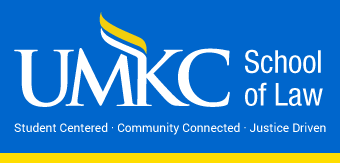Publication Date
2014
Document Type
Article
Abstract
Contrary to popular perception, the Supreme Court’s recent decision in Association for Molecular Pathology v. Myriad Genetics, Inc., finding certain patent claims reciting isolated genomic DNA molecules patent ineligible is likely to have a relatively minor impact on the patenting of diagnostics and personalized medicine. Method claims generally play a much more important role than isolated DNA claims in the patenting of innovations in this important technological sector, and the Court’s earlier decision in Mayo v. Prometheus Labs that held claims directed towards non-genetic methods of personalized medicine to be patent ineligible will likely prove significantly more problematic in this regard. This article analyzes Myriad and Mayo and discusses their implications, concluding with a critique of Ariosa Diagnostics v. Sequenom, a district court decision applying Mayo to genetic diagnostic method claims in a manner that, if followed by other courts, could substantially threaten the availability of adequate patent protection for molecular diagnostics and personalized medicine.
Publication Title
North Carolina Journal of Law & Technology
Volume
15
Issue
4
Recommended Citation
Christopher M. Holman,
Mayo, Myriad, and the Future of Innovation in Molecular Diagnostics and Personalized Medicine,
15
North Carolina Journal of Law & Technology
639
(2014).
Available at:
https://irlaw.umkc.edu/faculty_works/374

